Most cities, especially those whose survival depends on tourism, might welcome the multi-squillion-dollar wedding of the world’s third-richest man. Imagine the $500 million superyacht gliding in like a Bond villain’s aqua-lair. Think of two hundred almost-as-rich guests, spilling vintage Trentodoc. Consider the spectacular press coverage, the endless sparkle, and, not least, the 14,000 Aperol spritzes sold per hour. This event means a thousand cameras trained on the city’s finest hotels and restaurants: providing the kind of advertising that folding money cannot buy.
There is probably only one city on earth that would disfavour such an opportunity, and it is, of course, the world’s most exquisite: Venice. Which is exactly why Amazon uber-mogul Jeff Bezos has chosen it for his nuptials, as he marries former helicopter pilot, news anchor, and long-term girlfriend Lauren Sánchez. Who wouldn’t want to get married in Venice, especially if you are rich enough to hire out entire chunks of La Serenissima, and hide famous canals and churches behind golden ropes?
Trouble is, Venice is not happy. Already the world’s poster child for overtourism – Venice was the first city to charge visitors simply for showing up – it turns out Venice is as unkeen on billionaires as it is on budget daytrippers.
In recent days protesters have gathered in San Giorgio Maggiore, brandishing signs that read “No Space for Bezos.” Meanwhile protest organiser Federica Toninello told cheering crowds, “Bezos will never get to the Misericordia [a supposed venue for the ceremony]. We will line the streets with our bodies, block the canals with inflatables, dinghies, boats.”
By contrast, the mayor of Venice, conservative Luigi Brugnaro, has said he is “ashamed” of the protests, adding. “I hope that Bezos comes anyway. Not all Venetians think like the protestors.” But now the activists have turned on the mayor, accusing him of treating residents “Like a nuisance… because for him the only valid use of Venice is as a backdrop for events that make the rich richer.”
Which brings us to the first of The Venetian Hypocrisies. Anyone who knows and loves Venice – and I do, especially in winter, when the plash of gondolas hides in the mists, and the next piazzetta conceals the ghost of an assassin – understands that it is built precisely for this sort of thing.
The whole city feels gorgeously temporary, from the Grand Canal to the Rialto (it is, of course, literally sinking). But it is temporary in the way an immortally brilliant stage-set is temporary. If St Mark’s Square is “Europe’s finest drawing room” (Napoleon), then Venice in toto is a place meant for parading opulence, a carefully constructed theatre – and the world’s most magnificent urban backdrop. Exactly as the activists say.
In other words, the only job of Venice is being Venice, and it does it very well. That’s why there is a fake Venice in Vegas – Venice is so iconic people want the feeling of being in Venice even if they can’t get there. And Jeff Bezos can definitely get there.
In abjuring the Bezos nuptials from June 24 to 26, Venice is therefore denying its raison d’être. Because what, truly, is more Venetian than the Doge of Digital getting spliced beneath the campaniles?
The second of The Venetian Hypocrisies goes deeper. As mentioned, Venice genuinely struggles with the problems of overtourism – like Barcelona, Palma and all the other towns making headlines for this issue.
Anyone who has visited Venice in summer, in recent years, will know what I mean. Just before the pandemic, I mistakenly took a side-trip to the city in high season with my girlfriend, and as we squeezed onto a vaporetto along with 3,000 other people, I felt something close to panic. Horror, even. What must it be like to live this, daily? Unbearable, surely. You just want to get to the shops for some prosciutto, but there are 7,000 people taking selfies between you and the macellaio.
Which is why Venice introduced its daily entrance fee for daytrippers. However, and curiously, they set it at such a low rate – just ten euros – that it has had almost no effect. It is not a deterrent. Because let’s face it, if you’ve made it all the way to the Veneto, a charge of ten euros is not going to put you off seeing Venice. This is Venice.
Why was the charge set so low? No one can be sure, but as a travel writer I can guess. Deep down, many Venetians – from waiters to hoteliers, from gondoliers to carnival mask sellers – still want all the tourists to come, because they deliver so much money. The ten euro charge was a gesture to the disgruntled citizenry. It was never meant to actually work. How else would Venice make a living? It’s not going back to invading Croatia.
Is there a real solution to all this? Yes, there is – what’s more I believe it is sadly inevitable. But Venice is not going to like it. Many people will not like it.
Look at it this way. As more and more people become affluent enough to travel – as India moves a billion citizens into the middle class, like China before – all these new tourists will want to visit the same iconic places. Venice, New York, Paris, London; Nice, Florence, Lisbon, Santorini. Trouble is, they can’t all go there, even if they can now afford it, because Santorini would collapse under the weight.
Therefore, travel in the future will have to be rationed in some way. There are two methods of doing this. One is to restrict travel entirely and hand out access by lottery. “Mum, I won two places in Tuscany this summer!” But this won’t work, because it generates minimal revenue for the hosts – the cafés, restaurants, hotels.
So the rationing will be done by price. Travel to the most desirable locations will become the province of the rich. In other words, if Venice wants to survive and prosper via tourism – and what else can it do – it had better prepare for more Jeff Bezos, not less. And it should probably stock up on golden ropes.



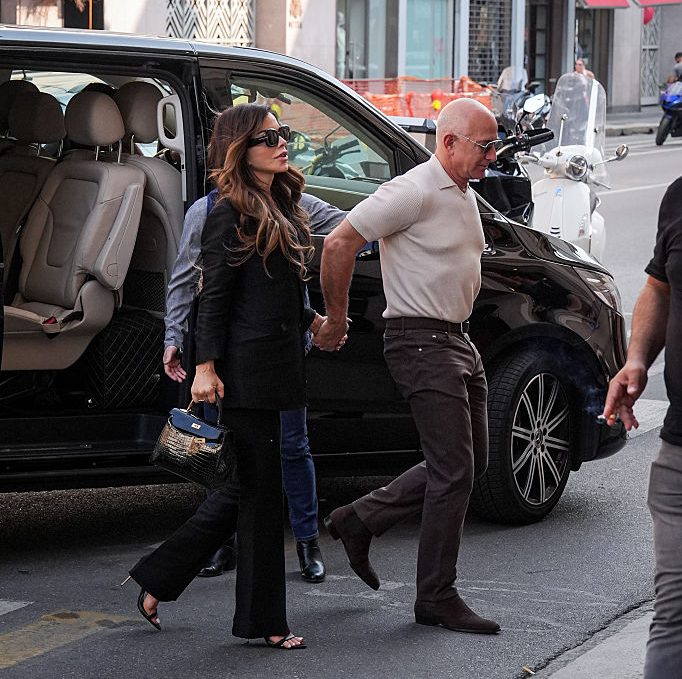







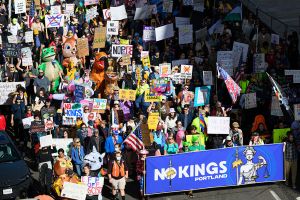
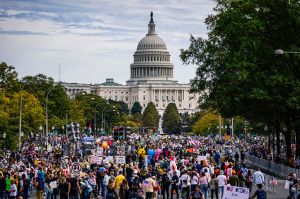
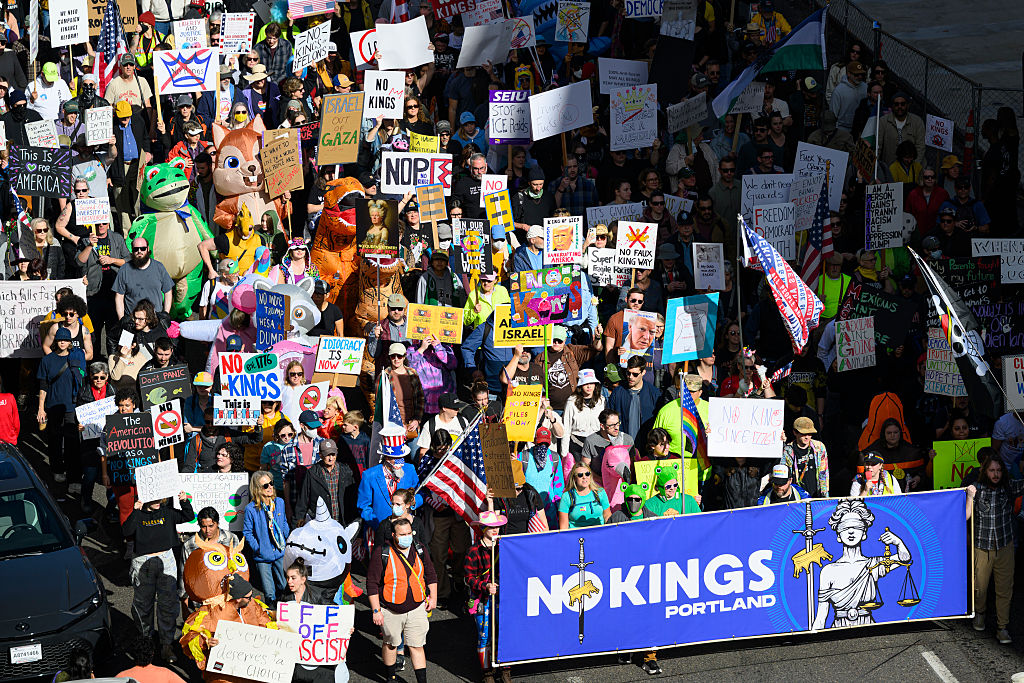
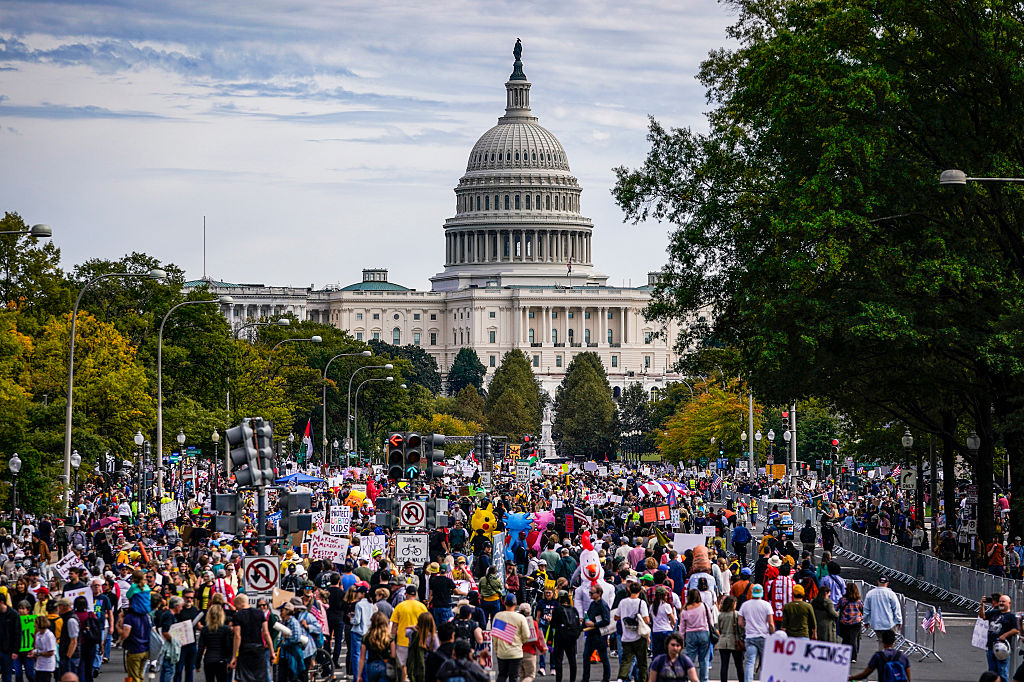

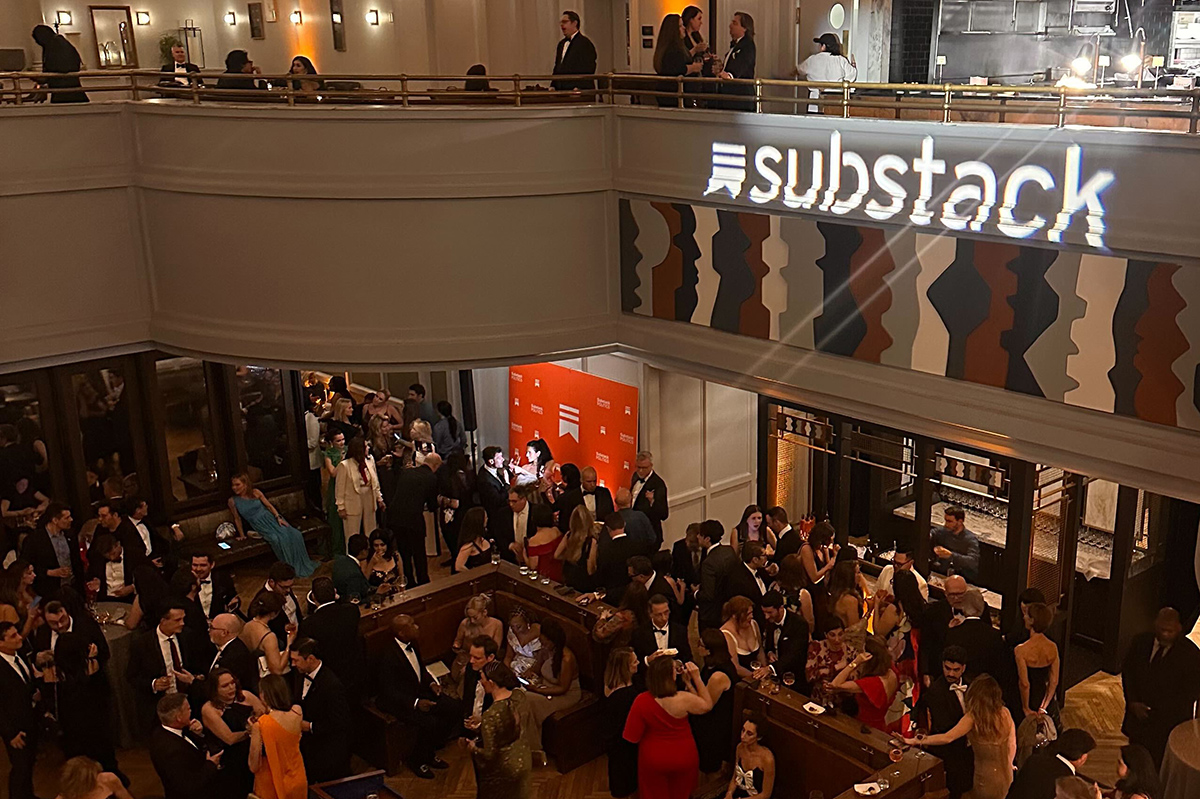
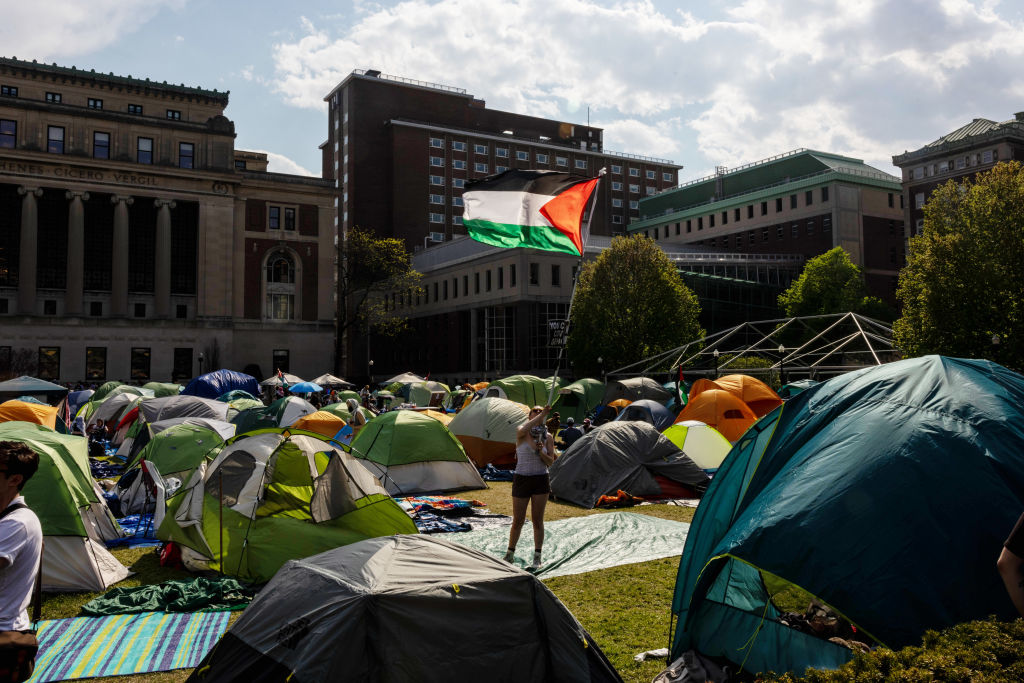








Leave a Reply